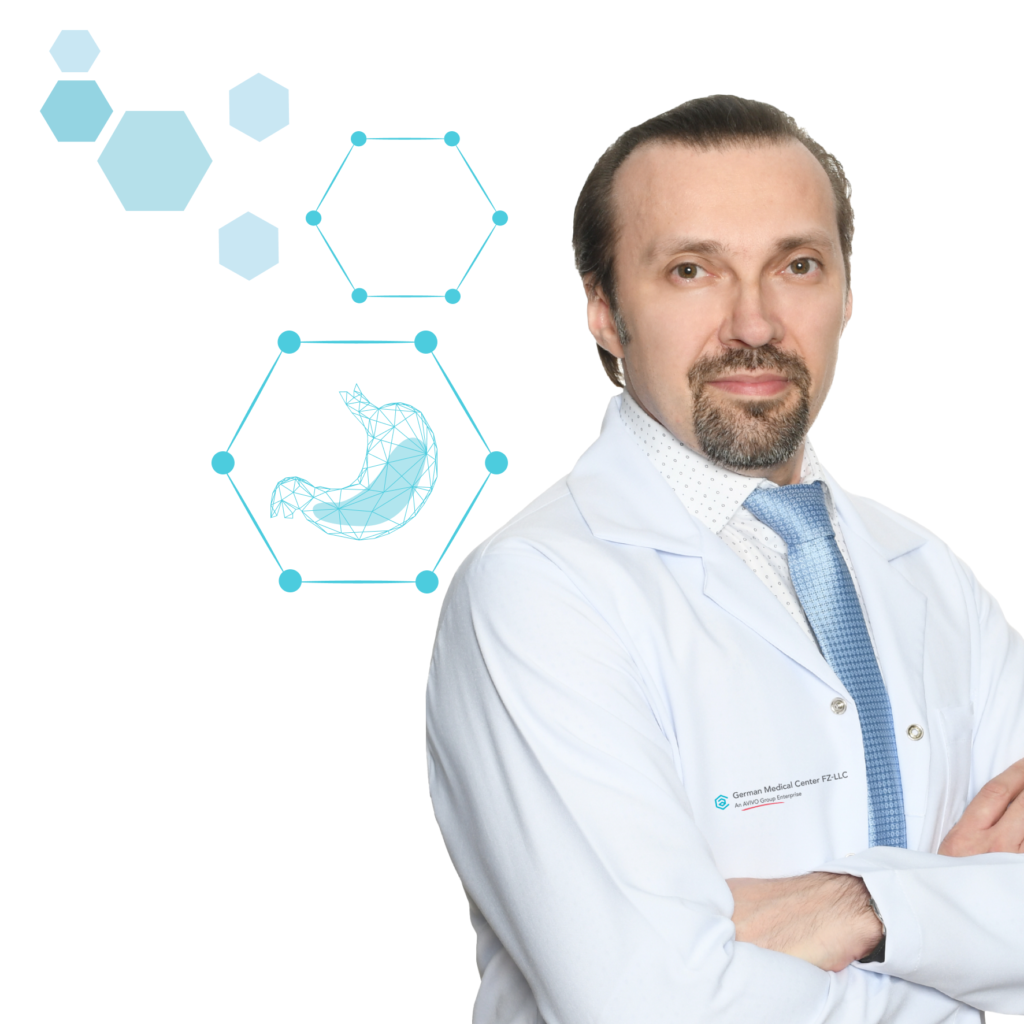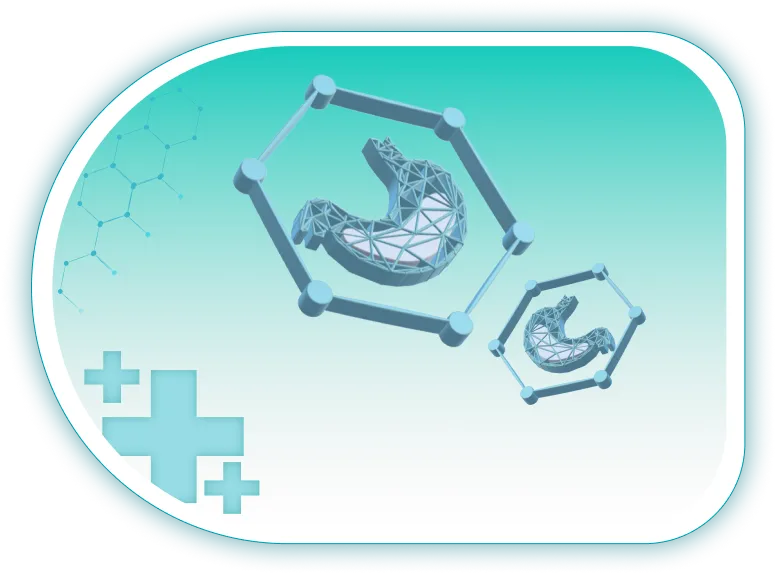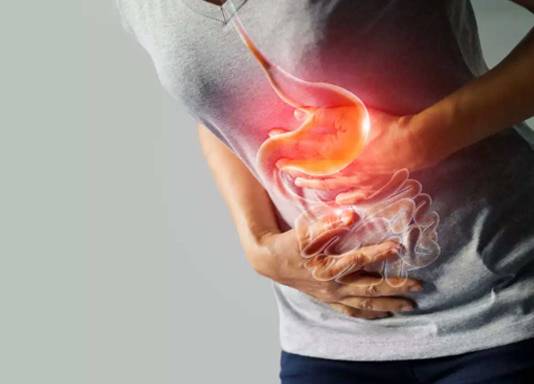
Dr. Sebastian Cuzincu
Gastroenterology and Internal Medicine
Gastrointestinal Stromal Tumor of Stomach (GIST) is a rare type of cancer that affects the digestive system, particularly the

Gastrointestinal Stromal Tumor (GIST) is a type of cancer that affects the digestive system, particularly the stomach and small intestine. It is a rare form of cancer that can be difficult to diagnose and treat. However, with early detection and proper treatment, GIST can be successfully managed.
If you have been diagnosed with GIST, it is important to seek treatment from a medical professional as soon as possible. At German Medical Center, we specialize in the diagnosis and gastrointestinal treatment and other forms of cancer. Our experienced team of medical professionals will work with you to develop a personalized treatment plan that meets your individual needs.
If you or a loved one has been diagnosed with GIST, don’t wait to seek treatment. Contact German Medical Center today to schedule an appointment with one of our specialists to get the best gastrointestinal tumor treatment. Our state-of-the-art facility and advanced treatment options can help you achieve the best possible outcome.
Our team of experts are passionate about providing only the best quality care and treatment to their patients.

Gastroenterology and Internal Medicine
A cutting-edge medical technique that plays a crucial role in diagnosing and treating disorders of the bile ducts, pancreas, and gallbladder....
Liver Elastography – an advanced medical imaging technique designed to assess the health of your liver with precision and non-invasiveness....
Abdominal pain can be a symptom of a wide range of medical conditions and can manifest in different ways depending on the...
Colorectal cancer (CRC) is a type of cancer that affects the colon or rectum. It can develop from small growths called polyps in...
Stomach cancer, also known as gastric cancer, can cause a range of symptoms. However, it's important to note that not everyone...
Liver cancer is a serious and potentially life-threatening condition that requires prompt diagnosis and treatment....
Colon polyps are usually detected during a routine colonoscopy. During the procedure, a long, flexible tube with a camera on the...
Pancreatic cancer often does not cause symptoms in its early stages....






Our customers are at the heart of everything we do, and we are committed to providing them with one of the best possible care and service and that's why platforms like UpTopics publish us in top.

Based on 206 Google Reviews

Partner with:
Partner with:


German Medical Center is one of the leading medical institution in Dubai formed by a group of specialists who are passionate about providing the personalized care tailored to the patient's unique needs.
Fill out our easy online form to book an appointment with German Medical Center. Our team of experts is dedicated to providing you with personalized care and guidance every step of the way. Don't wait, take charge of your well-being and schedule your appointment now!